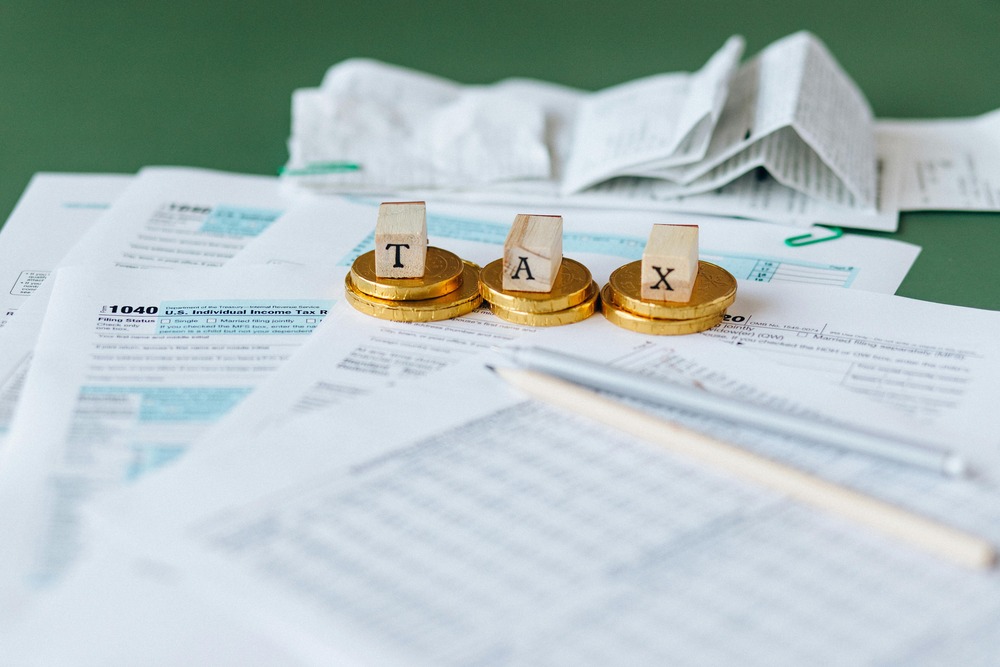Hong Kong has revealed plans to strengthen its pro-crypto position by relieving a few selected establishments, including hedge funds, private equity funds, and investment vehicles of the super-rich, from paying tax on gains made from cryptocurrency trading and investments.
Despite not being a full country, China’s Special Administrative Region (SAR) has its own government, which is working to achieve this by Q1 2025.
Hong Kong’s Tax Exemptions
According to the Financial Times, Hong Kong’s government has released a proposal that is awaiting approval within the next six weeks. The proposal notes that taxation is a key factor that asset managers consider when determining where best to operate. Therefore, the government wants to welcome more crypto-related firms into its region by introducing tax exemptions for crypto gains.
“This is an important step in boosting Hong Kong’s status as a financial and crypto trading hub,” said Patrick Yip, an international tax partner at Deloitte China.
Yip also noted that some family offices have only allotted an insignificant percentage of their wealth to crypto holdings. Therefore, the new tax exemption policy will encourage them to invest more.
Additionally, the SAR government is planning to expand the range of tax-exempt investments to include private credit, overseas property, and carbon credits to attract more investors to the region.
Hong Kong Embraces Crypto
Notably, Hong Kong’s move to welcome more crypto investors via zero taxation gives it an edge over its biggest competitor, Singapore, the home of the first Asian bank to offer over-the-counter (OTC) crypto trading services for institutional investors.
“These changes are designed to put Hong Kong on a par with Singapore or Luxembourg, in that there’s no risk of the fund being subject to tax,” said Darren Bowdern, head of asset management tax for Asia at KPMG.
Significantly, Hong Kong has been pro-crypto for some time now. Earlier in April, it followed in the footsteps of America by approving its first Bitcoin exchange-traded fund (ETF).
Meanwhile, the SAR has revealed plans to introduce a regulatory framework for stablecoins before this year runs out.




